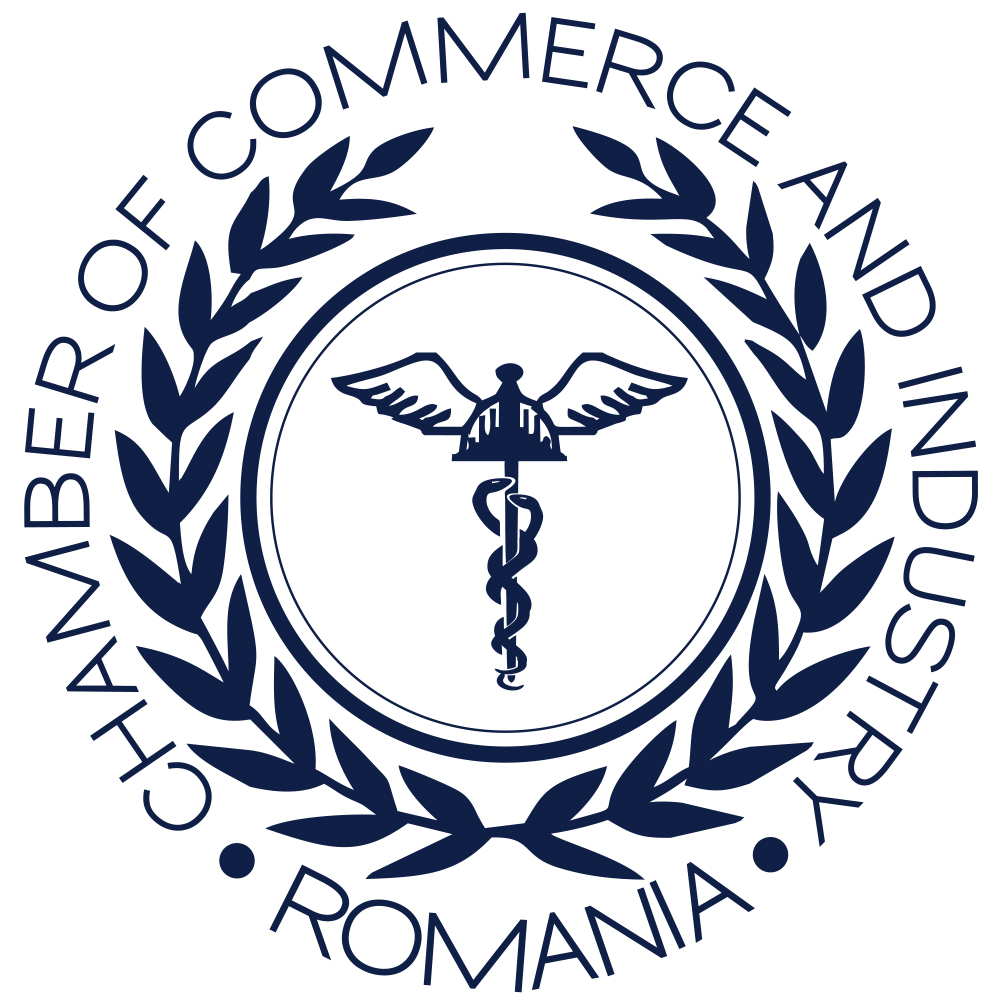2015 Commission Work Programme: nice packaging, but content still to be discovered
Publicat pe 17/12/2014
EUROCHAMBRES considers that the 2015 Commission Work Programme published today ticks many of the right boxes for the business community. New proposals on the Internal Market, the Digital Single Market, Capital Markets Union, Trade & Investment, Energy Union and Labour Mobility, as well as the promise of a revised Interinstitutional Better Lawmaking deal stand out as potentially beneficial. However, until further details are available on the specific content of the many laudable packages, it is hard to gauge how much substance the work programme will add to the positive jobs and growth rhetoric of the new Commission.
Arnaldo Abruzzini, EUROCHAMBRES’ Secretary General, commented: “The Commission has clearly got into the Christmas spirit and provided a number of beautifully wrapped packages. But we will have to wait until they’re opened and examined before we know if they correspond with the business community’s wish list.”
Market access rightly prominent
The 2015 work programme tackles many areas that are crucial to driving the EU’s economic revival, none more so than market access. Today, digital technology allows even the smallest and youngest businesses to trade immediately across Europe and globally. EU policy across a range of dossiers must enable, not constrain, this market trend. “We don’t need a new set of rules for the so-called digital single market; we need to ensure that single market provisions in general are fit for the digital era. The 2015 work programme rightly reflects this need,” said Mr Abruzzini.
Withdrawals
EUROCHAMBRES also endorses the emphasis on withdrawing proposals that are considered sub-optimal, obsolete, or politically unattainable. It is important that the new Commission focuses on a limited range of policy initiatives that will contribute to the objectives of the Europe 2020 strategy and where EU level intervention is of added value.
“Previous administrations have at times adopted a ‘legislate first, justify later’ approach and this has led to a catalogue of rules that don’t deliver their policy objective. Less is sometimes more and we interpret the 2015 work programme as an encouraging sign that evidence-based policy making will not be superseded by political imperative in the new Commission,” concluded Mr Abruzzini

